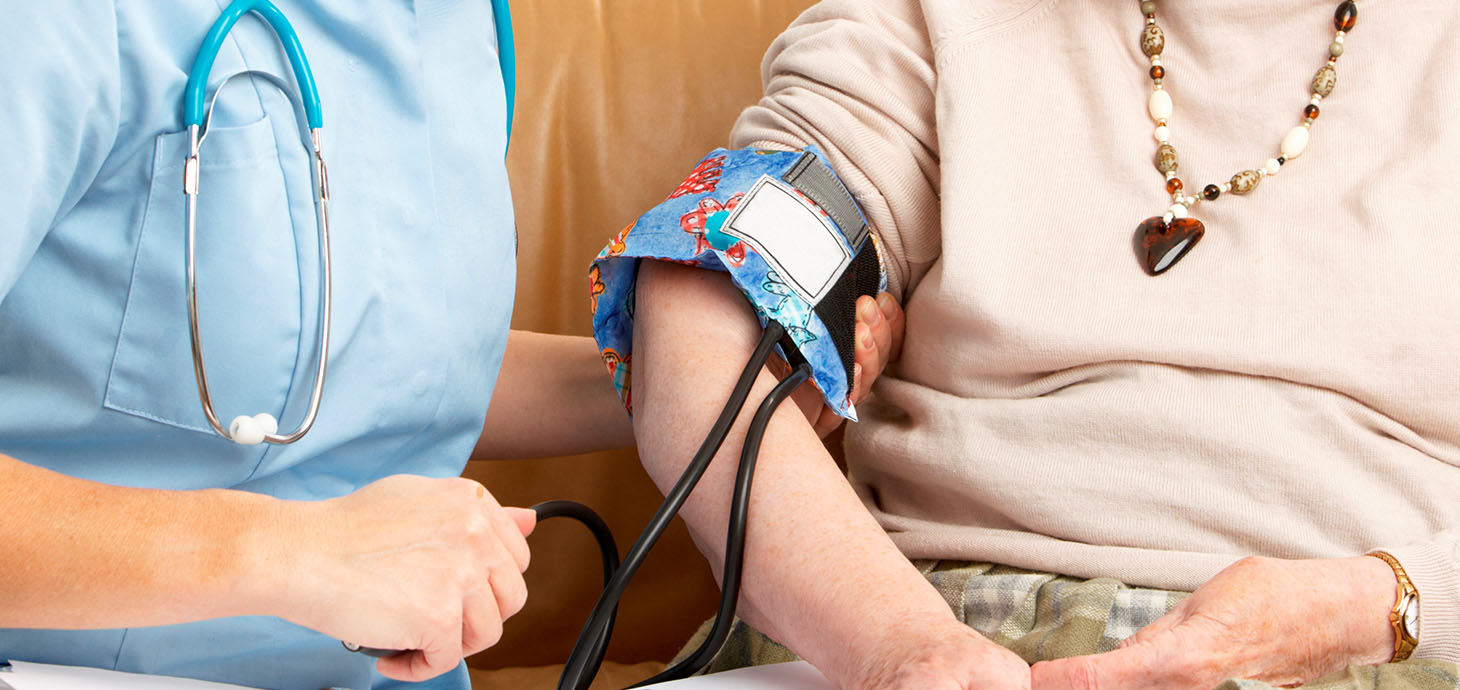These articles are now archived and will no longer be updated.

The first study to establish the risk of COVID-19 to domiciliary care workers across Wales is to launch today.
The pandemic is thought to have had a major impact on the health of the 20,000 workers who offer personal care and support to the elderly or people with life-limiting conditions in their own homes.
The study, led by Cardiff University, in partnership with Swansea University and Public Health Wales and supported by Social Care Wales, is funded by UK Research and Innovation. It will assess the health of public and private care workers, including COVID-19 infection itself, mental health and other illnesses.
The researchers will combine routine electronic health record data and interviews with domiciliary care workers to build an overall picture of how these workers have fared during the pandemic.
It is hoped this will generate quick-fire results to inform public health initiatives for safer working practices and additional support for staff both in Wales and in other UK nations.
“While many people have worked from home during the pandemic, domiciliary care workers have continued working to help and support some of the most vulnerable people in our society right through this unprecedented time,” said Professor Mike Robling, Director of Population Health Trials at Cardiff University’s Centre for Trials Research and principal investigator on the study.
“We already know from early public health data that the risk of COVID-19 has been greater for these staff than for healthcare workers, in part because their work involves close contact with clients in their own homes.
“They are a large and quite vulnerable population of workers who are highly skilled, and the challenges they face are well known. We hope our work will help to improve safety and health for this vital UK workforce so they can continue to provide this essential service.”
The 18-month study will quantify suspected and confirmed cases of COVID-19 infection and its impact on health, including on mortality. It will also compare trends in mental health and other respiratory illnesses pre- and post-pandemic.
Thirty care workers will also be interviewed about their experiences, including on personal protective equipment and any concerns over working practices or what they are being asked to do.
“This will help us to build a model of how some individuals might come to be at greater risk than others,” said Professor Robling.
“This risk may be related to age, ethnicity, underlying health factors or other socio-economic and demographic factors.
“Crucially, we will then examine whether our findings can apply to other parts of the UK.
“We are able to carry out this work here in Wales because of the way we record data for care workers - this study would not be possible in another UK country.
“We hope that as our findings emerge, we will be able to identify universal risk factors which have relevance right across the UK so this knowledge can be used to develop better public health policy and support for care workers with immediate effect.”
Professor Ann John, a co-investigator on the study and a Professor in Public Health and Psychiatry at Swansea University, said: “Home care workers have been essential to supporting some of the most vulnerable people in our communities during the pandemic. It’s important that we understand not only how the infection itself affected them but also wider impacts such as those on their mental health so we can better plan how to address these needs in future.”
Ashley Akbari, Senior Research Manager and Data Scientist at Swansea University and co-applicant on the study, said: “We are pleased that this study will be using the Secure Anonymised Information Linkage Databank (SAIL) to enable this study. SAIL is a world-renowned privacy protecting trusted research environment, which makes the study possible not only through the established infrastructure, linkage and governance processes which were setup and developed over the last 10 years, but the truly excellent relationships and networks which have been forged around Wales between data providers and the public at large, which is a key component to our collaboration and success. Working together with Social Care Wales and their stakeholders, we now look to link new and novel data into SAIL which has not been done before to investigate this critical and timely research outcome in the current COVID-19 pandemic.”
The study received £332,000 in funding from the Economic and Social Research Council, part of UK Research and Innovation, as part of its call for research to examine the impact of COVID-19.
